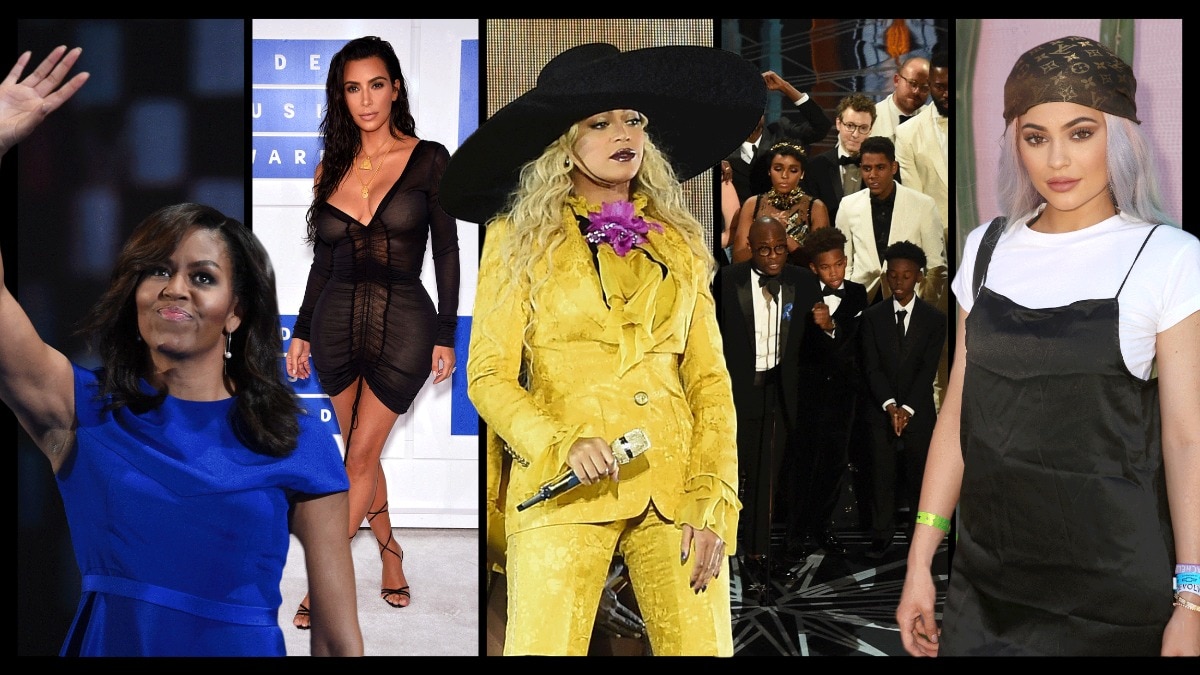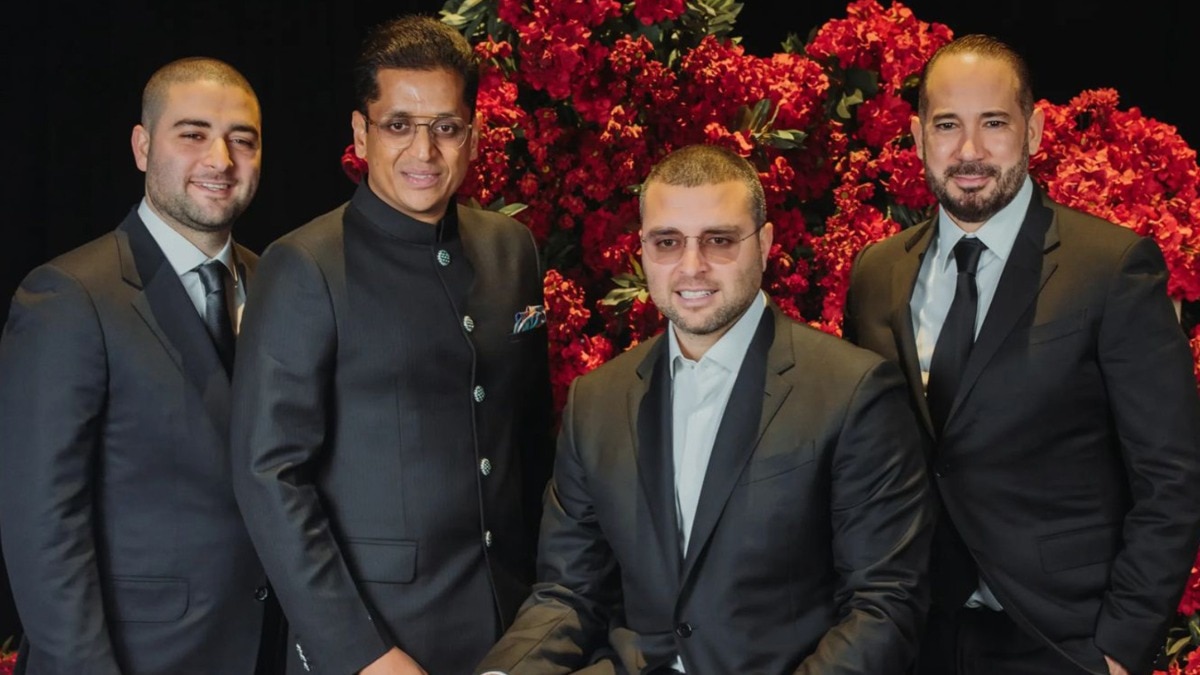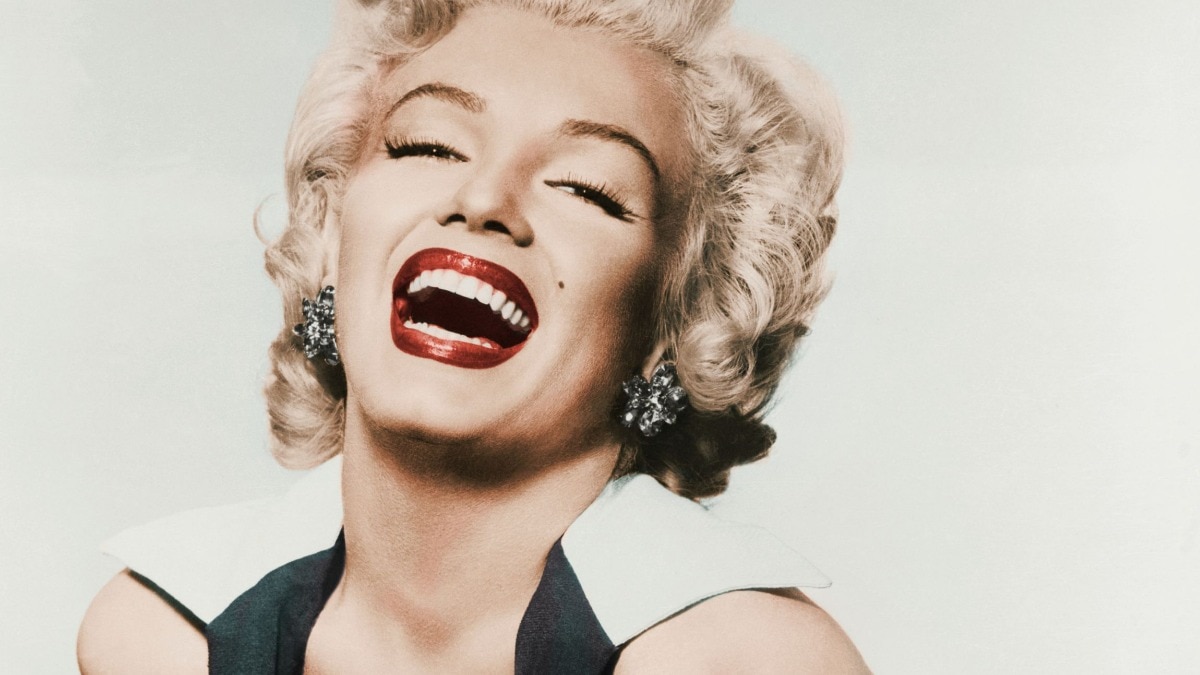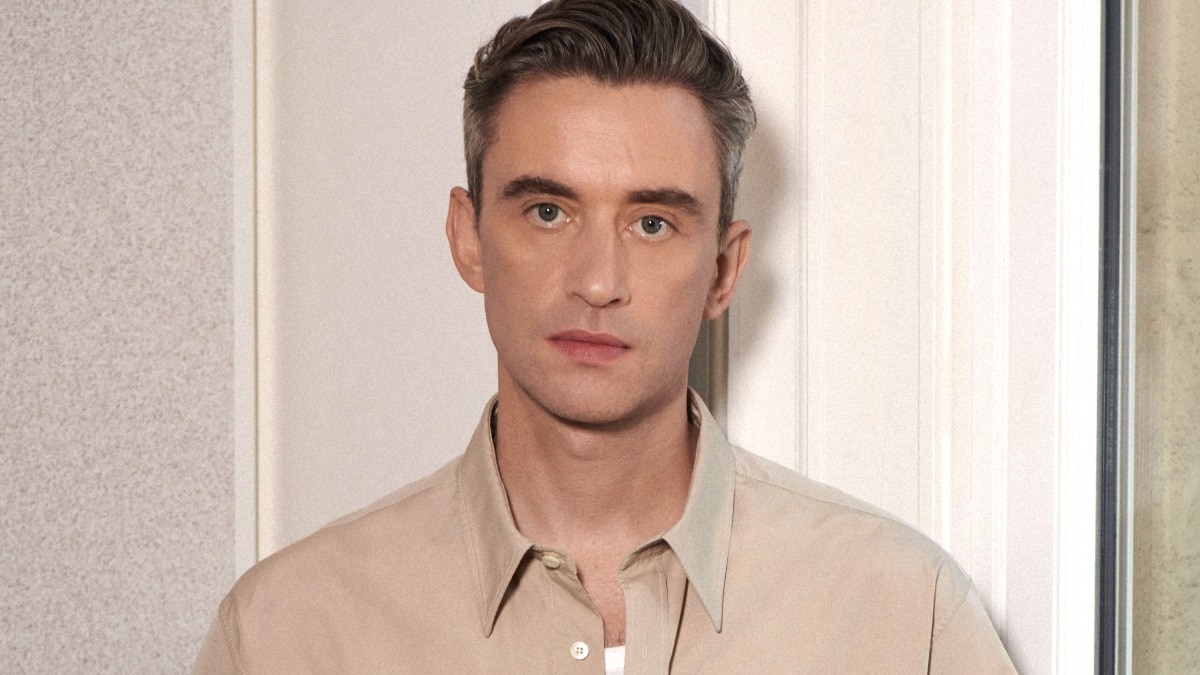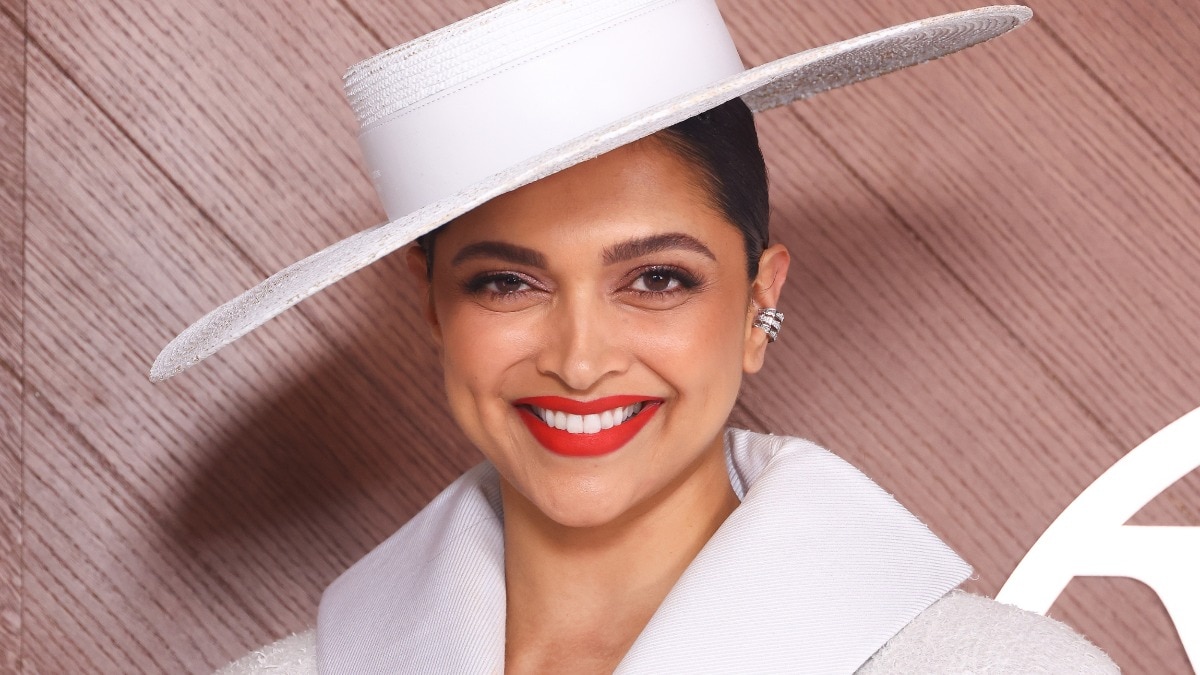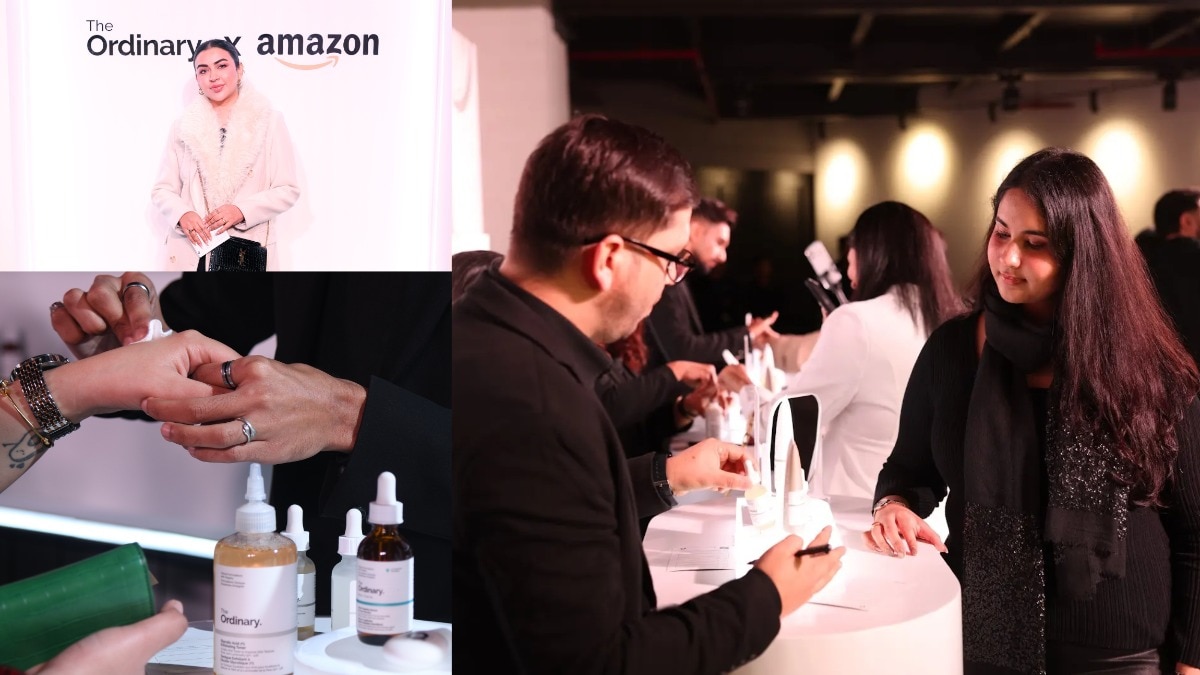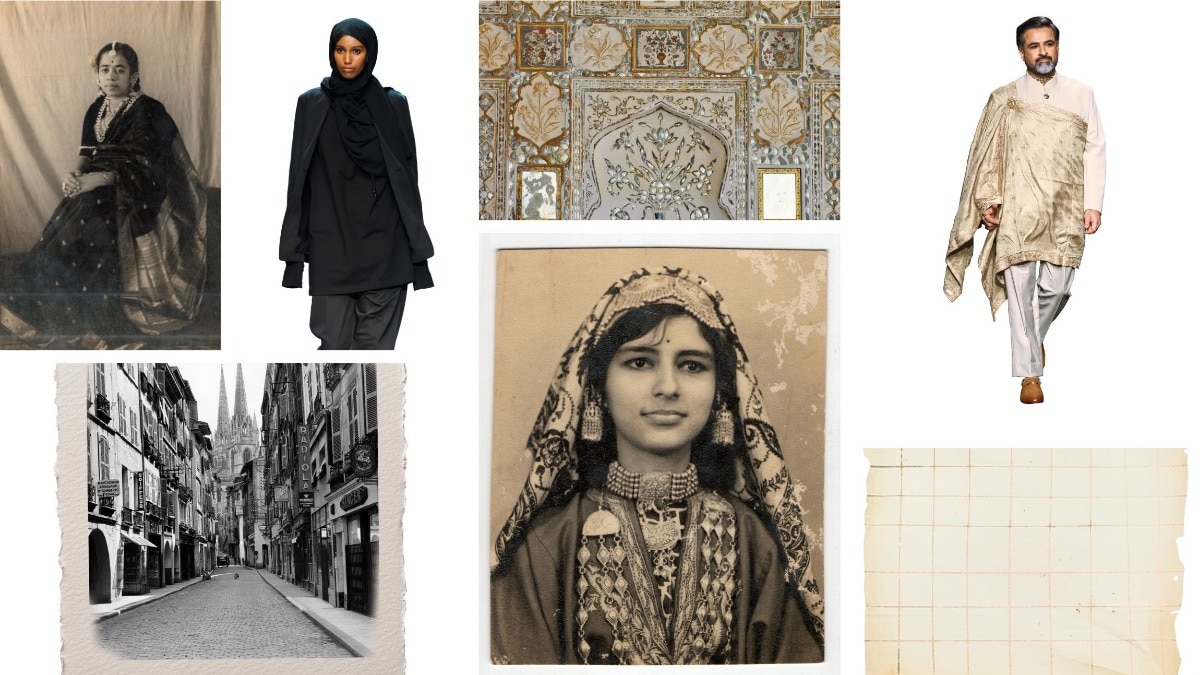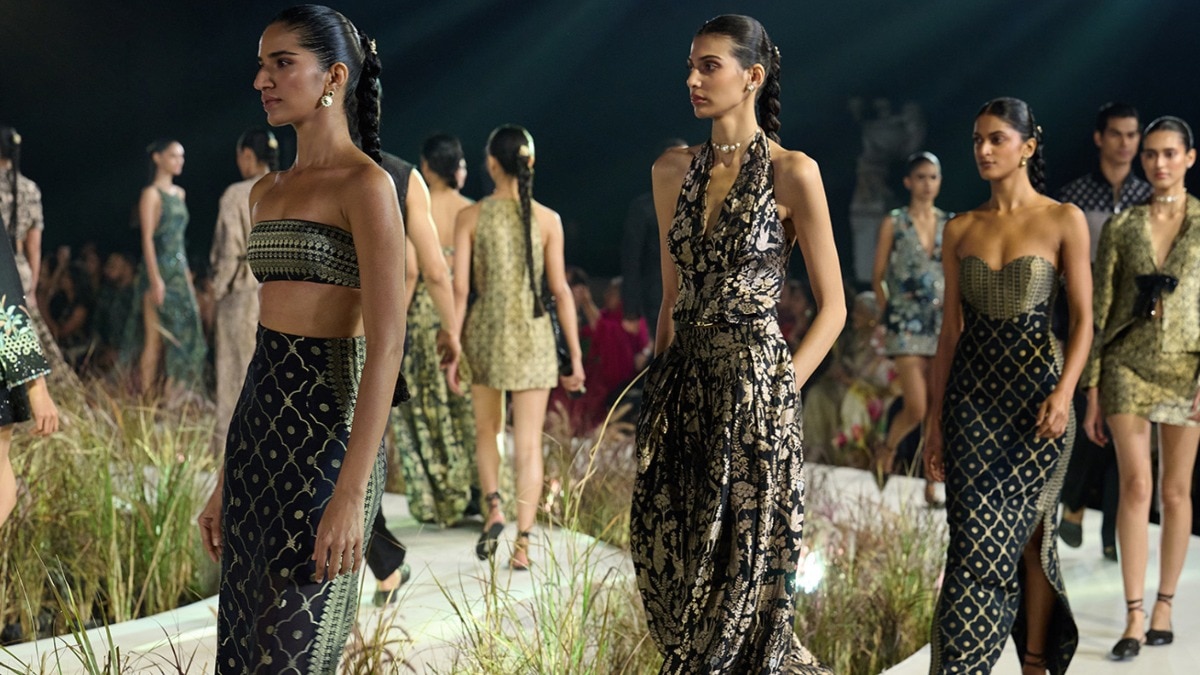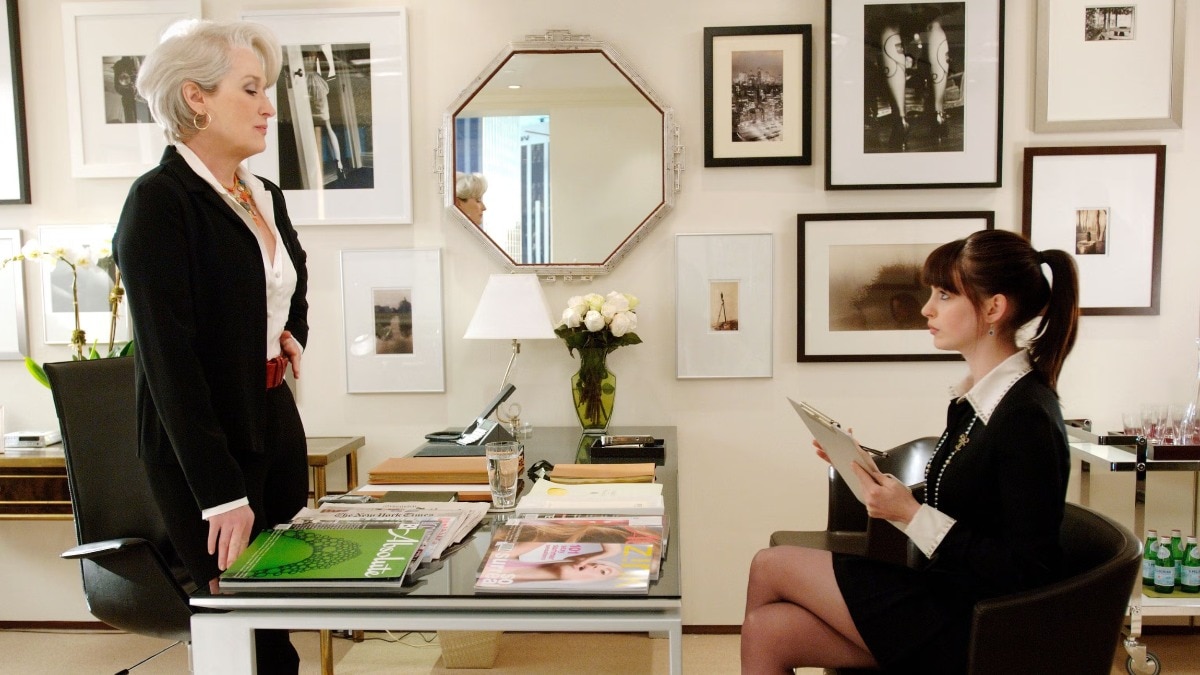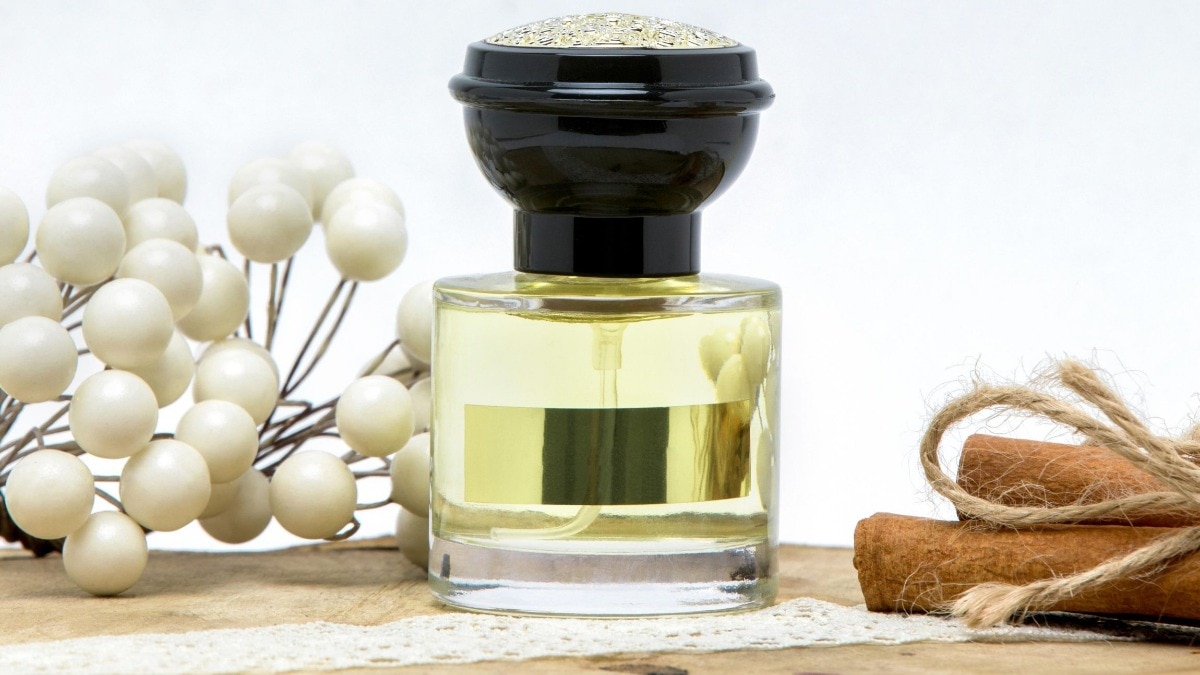
How this photographer’s journey helped him make peace with his queer identity
Raqeeb Raza strives to transform the idea of beauty, love, and intimacy, one photograph at a time.


What does it mean to belong? (Ironically, a poem written by Raza goes by the same name). For someone who is astray from convention and narrowly defined norms, belonging is sought in quiet nooks and corners. It’s sought in chai, conversations, and secret intimacies. This search for belonging is coupled with a yearning for love, desire, and acceptance. In ‘90s India, queerness was behind closed doors and hard-shut closets. It was rooted in a lack of familiarity, knownness and relatability—a feeling experienced by many within the community.
It was hardly any different for Delhi-based artist, Raqeeb Raza. His work is an attempt to belong—for himself and others in the community. “Growing up, I didn't see a lot of queer representation in the mainstream because we were fed heteronormative ideas of body and love. It's only recently that we have seen queerness seeping into mainstream culture. If I had perhaps seen more of it in the media growing up, it wouldn't be so confusing for me to realise or make peace with my identity,” says Raza.

In his photographs, you’ll find not-so-secret intimacies and forms of love. You’ll find yourself feeling a home-like warmth and comfort. “My idea was to create images that prove love is just love, irrespective of gender, sexuality, or anything else. Two people embracing each other is just that. There’s no difference between a queer and a hetero couple, it's just two people in love. I believe, the more we see it, the more we will move towards a sense of normalisation.” Take the image above—there’s a certain solace to be found in the couple’s expression within the overarching theme of affection, care and love. The one below screams of a passion and an unsaid but understood prevalence of unconditional support.

His pictures will tell you the story of queer realities, evocative intimacy, and an exploration of the male body. “Documenting male sexuality and the male body is also grounded in my relationship and journey with my body. I have been uncomfortable with my own body for the longest time—comparing it with normative standards that pop up on our screens, billboards, or anywhere else. I want to create a space where male bodies, irrespective of their insecurities and vulnerabilities, are represented and comforted.” In Raza’s work, the play of light, shadows, and shapes are interspersed with layers of theme and ideas that challenge the toxic intricacies of stereotypes and superficial ideas of beauty.


Whether a yellow flower stands out amidst closely intertwined bodies or a hug with gentle laughter that gives us a glimpse into a couple’s love story—Raza brings out the little moments of love amidst the din of the daily lives of everyday people. “I prefer working with regular people than models. Dainty Strangers (Raza’s Instagram page dedicated to documenting queer realities and male sexuality) is an attempt to represent people whose bodies are thought to be outside the paradigms of what can be considered as ‘typically beautiful’. People who have had insecurity about their bodies, people who feel they want to go out exploring their bodies but can't are often the ones who approach me and we plan the shoot. The idea is to ensure that if you want to explore yourself, you should get a space to do so and I thrive to make this space. Because of the intense process of the shoot, I usually end up becoming friends with the people I work with. We know we can find comfort in each other's presence even beyond the stipulated day of the shoot.”

Capturing images that evoke the essence of relationships doesn’t appear as easy as lying in bed, cuddling and waiting to be clicked. Raza deep-dives into each project he takes on. He wouldn’t have it any other way. “Shoots usually take a day—six to eight hours to go about. I talk to my subjects a lot. As we begin, I make chai and we try to get to know each other. We talk about our lives, our love, our journey so far, things that trigger us, things that comfort us, and everything in between. It's always a two-way affair. I think the intimacy/personal touch comes from the fact that the process is immersive and makes you feel at home,” he says—something we can see in the nonchalant laughter of a flirtatious conversation in between the sheets.

Ultimately, Raza’s pictographic journey is a celebration of love—one that is replete with flaws and comes in all forms, shapes, sizes and identities. Raza is an unapologetic lover of love. Here’s what says about love, “Love overpowers all other emotions of my life, and anyone who knows me personally knows that I obsess over it sometimes. It has its bad days, but the good days make up for it. It's not perfect, but it is something that makes you feel at home. I think love is all-encompassing, comforting, and comes with care, patience and communication.”
All images courtesy: Raqeeb Raza

